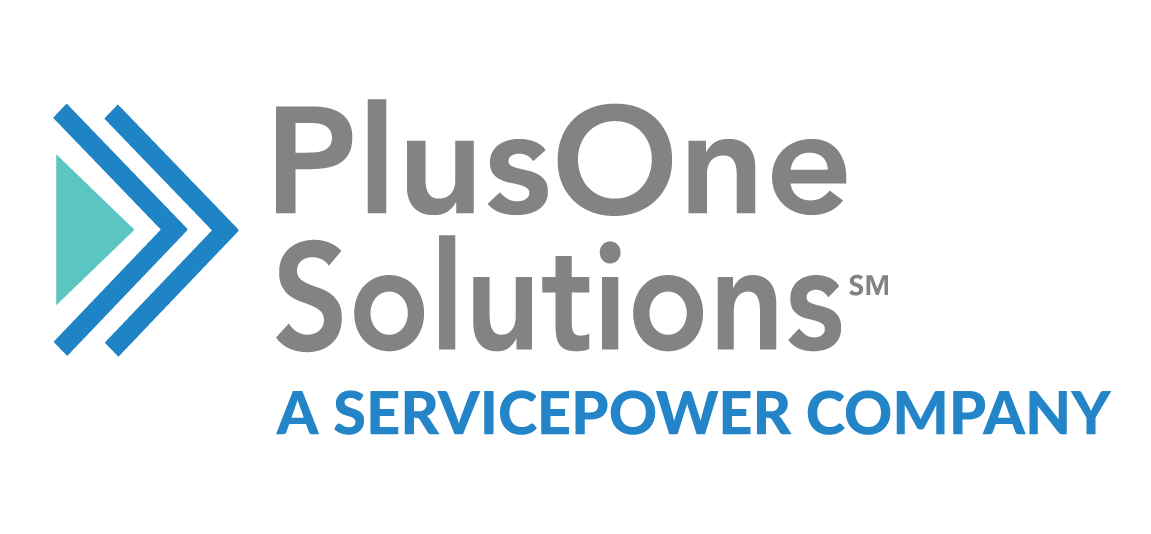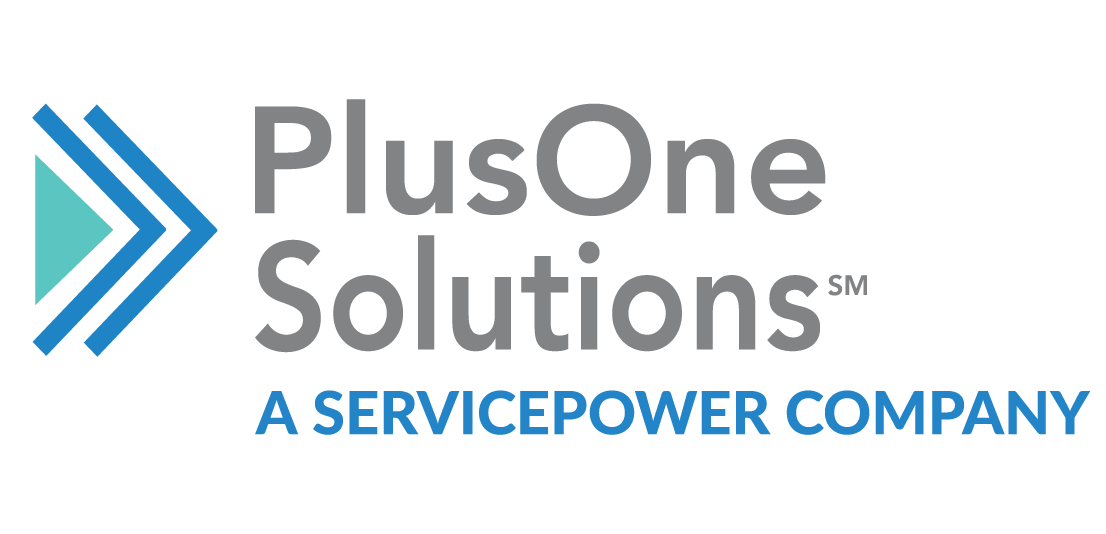In last month’s blog, we outlined the EEOC’s subject matter priorities for Fiscal Years 2024-2028. Specifically, we discussed two areas within Recruitment and Hiring.
Eliminating Barriers in Recruitment and Hiring
The EEOC will focus on recruitment and hiring practices and policies that discriminate on any basis unlawful under the statutes EEOC enforces, including sex, race, national origin, color, religion, age, and disability. These include:
- The use of technology, including artificial intelligence and machine learning, to target job advertisements, recruit applicants, or make or assist in hiring decisions where such systems intentionally exclude or adversely impact protected groups;
- The use of screening tools or requirements that disproportionately impact workers on a protected basis, including those facilitated by artificial intelligence or other automated systems, pre-employment tests, and background checks.
It seems they mean it. Right on cue on April 18th, the EEOC issued a press release that said in part:
Sheetz, a large convenience store chain, violated federal law by denying employment to a class of job applicants because of their race, the U.S. Equal Employment Opportunity Commission (EEOC) charged in a lawsuit filed today.
The EEOC filed suit against Sheetz, Inc.; Sheetz Distribution Services, LLC; and CLI Transport, LP (collectively, Sheetz), which together operate a chain of convenience stores with over 600 locations in six states. According to the lawsuit, Sheetz has maintained a longstanding practice of screening all job applicants for records of criminal conviction and then denying them employment based on those records.
The EEOC charges that Sheetz’s hiring practices disproportionately screened out Black, Native American/Alaska Native and multiracial applicants. Sheetz’s companywide hiring practices violated provisions of Title VII that prohibit disparate impact discrimination, the EEOC says. The lawsuit does not allege that Sheetz was motivated by race when making hiring decisions.
Notice the last line above: “The lawsuit does not allege that Sheetz was motivated by race when making hiring decisions.” So, if race was not a factor in their hiring decisions, why are they writing big checks to attorneys?
They are accused of having practices that lead to disparate impact, not having disparate treatment. Last month’s blog from us had this description:
Be aware of Disparate Impact practices. Disparate Treatment, where you treat different protected classes differently is relatively easy to avoid. Disparate Impact is a practice/policy/AI system that is nondiscriminatory on its face but has a disproportionately negative effect on members of a protected group. So, your practice can be the same for everyone (non-discriminatory)—but if the effect of this practice is negative to a protected group, that practice may well be discriminatory.
So, we would advise ensuring your standards for exclusion are job-related and consistent with business necessity and alternative practices with less discriminatory impact are explored. Automatic or AI bright line exclusionary practices may be especially problematic.
Auto-pilot recruiting and screening with preset criteria can be simple but dangerous if not illegal—even if those practices do not treat disparate groups differently.




